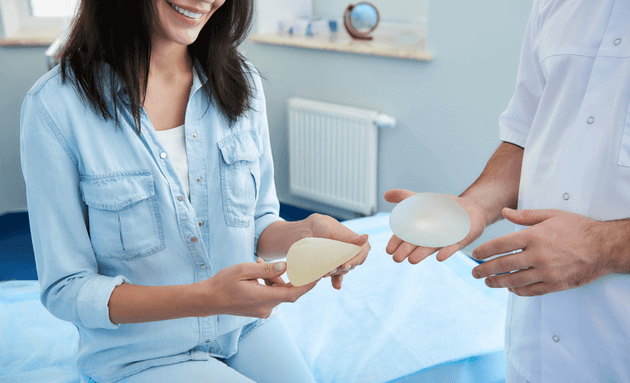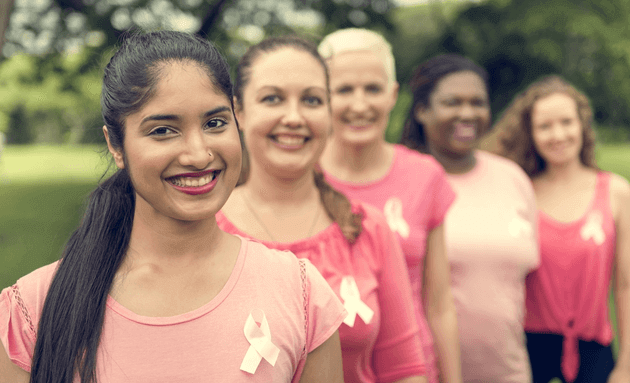5 Questions You Can Have About Breast Reconstruction Surgeries
Jun 09, 2019
Getting a mastectomy (surgical removal of one or both breasts) is never an easy decision and can understandably be a matter of certain contention for most women. Doctors will usually recommend procedures like Mastectomies (surgical removal of one or both breasts) as an evasive strategy to treat or prevent breast cancer.
Getting a Breast Reconstruction Surgery
Elective procedures like BRS are used to reconstruct the shape and look of a woman’s breast and can play an important role in improving the self-image/esteem of a patient post-mastectomy.
-
What Are the Advantages of Getting a Breast Reconstruction Surgery?

At its core, a BRS serves needs that are more aesthetic than utilitarian. Rebuilding breasts (given their contribution to the female form) can go a long way in regaining lost feelings of self-esteem after you undergo such drastic procedures. -
What Are My Options If I Opt for a Breast Reconstruction Surgery?

- No Breast-form: At the top is the decision whether you want to have a breast form at all. It is an emotional choice and also economical, because there is an added cost and recovery time of another surgery, over and above your cancer treatment.
- Breast-form but No Surgery: If you do decide to have a breast form, you have the choice of either going for surgery or getting a prosthesis of a breast mound. A prosthesis is the fastest way to regain similarity to how you appeared before the mastectomy. They come in multiple shapes and sizes and can be discreetly slipped in your bra or swimsuit.
- Breast-form via Surgery: If you decide to go ahead with BRS, you need to know there are three types of reconstruction and you can decide in collaboration with your doctor. The first type is the Tissue Expander or Implant surgery, that uses artificial implants. The second option is to use the tissues of one’s own body from buttock, thigh or abdominal area and is known as Autologous or Free Flap surgery. The third type is a mix of the two. Important to note that the implants used after a mastectomy are not the same as those used for cosmetic augmentation.
-
What Are the Risks of Getting a Breast Reconstruction Surgery?
The final decision will be yours but your doctor will make a recommendation based on factors like the location of your cancer, general health, body type and remission status.
- Standard Risks: These are the usual risks expected after any surgery, but they gain more ground because of cancer. If you have a history of diabetes, smoking and any other chronic problem, the risks worsen.
- Implant Surgery Risks: Implants are more commonly used and usually recommended for women with a smaller, thinner build since they might not have enough extra tissue to graft. The main risk with implants is that they can leak and this might require a follow-up procedure. Other risks include hardening of implant or scar tissues.
- Flap Surgery Risks: Of all the options, Flap surgery is the closest you will get to a natural breast because it uses one’s own tissue. The downside is that your surgery and recovery times are longer and you will have two surgical sites. This type of surgery is not recommended for those with diabetes, vascular diseases, connective tissue disease and smokers. It is also not recommended for the elderly.
-
I Need Chemotherapy, Can I Still Get Implants?
Yes, you can plan this with your doctor. Note that your incisions might take longer to heal due to the immunity dampening side effects of Chemotherapy. -
What Is The Recovery Period Of Breast Reconstruction Surgery?

Based on the quality of your health, Implant surgery can take around 4-5 weeks of healing, while a Flap surgery can take up to 6 weeks. You might also experience some swelling, bruising or physical weakness in some cases, especially in cases of Flap surgeries.
You can speed up your recovery by ensuring you consume a healthy diet, focussed on proteins and anti-inflammatory foods like nuts and green leafy vegetables. While you can engage in light exercises, it is best to avoid any strenuous physical activity until your doctor gives you the green signal.






